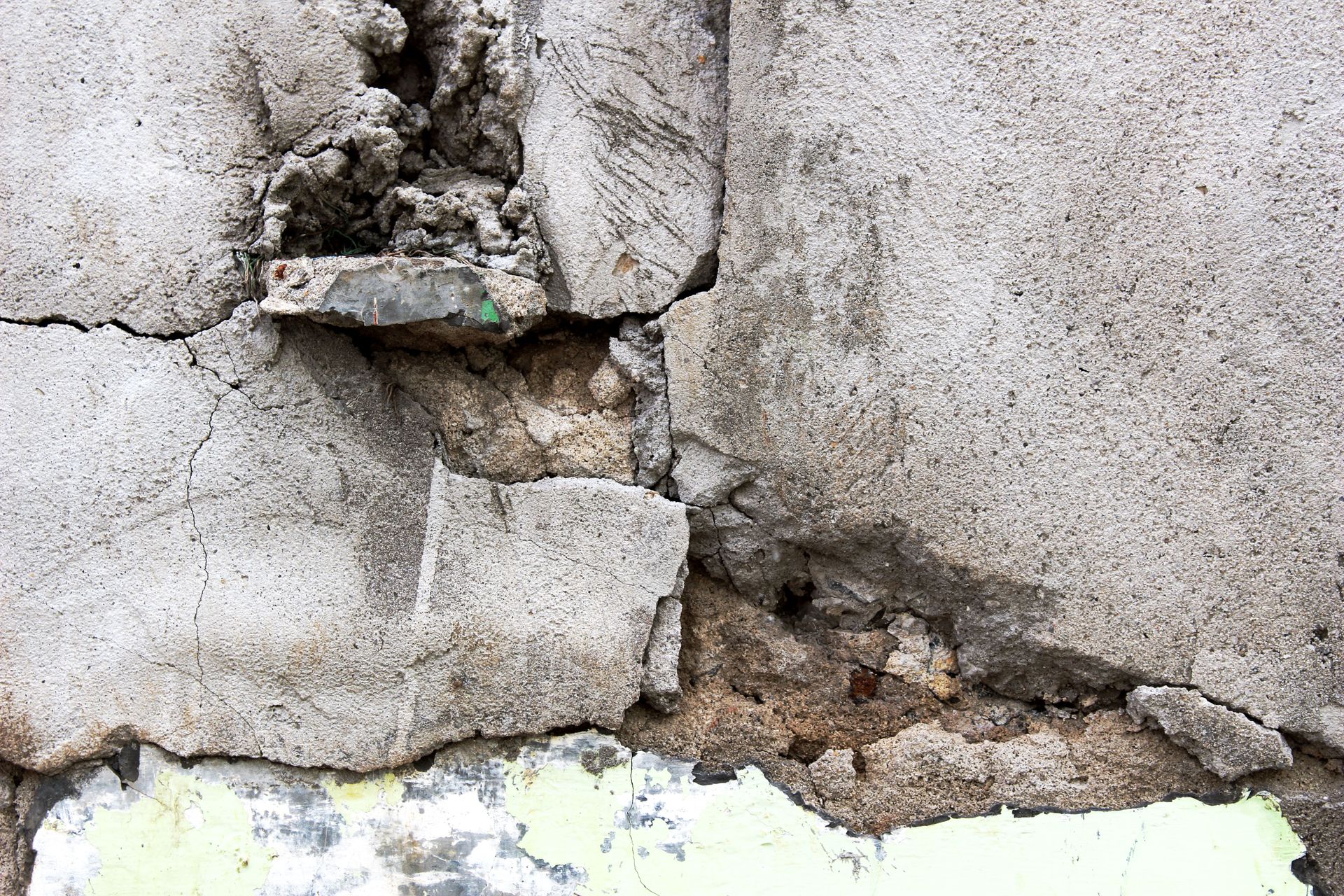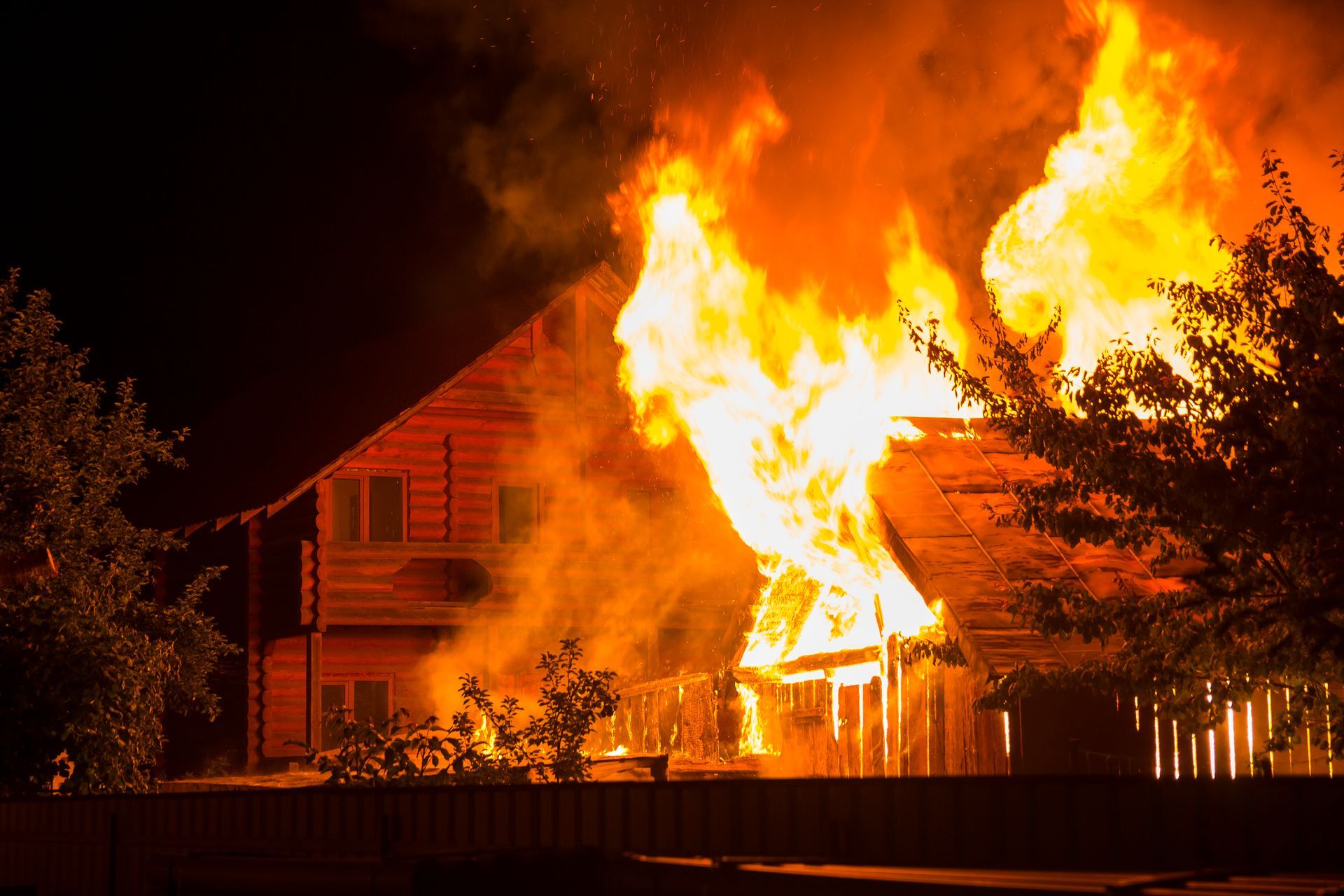A Guide to Submitting Damage Claims
Sometimes, life can be unpredictable. You never know when a natural disaster, fire, storm, or vandalism may strike, causing terrible and costly property damage. Even homeowner error or a system malfunction can lead to submitting a property damage claim.
Yet, not everyone understands their homeowner insurance or how to submit a claim properly, leading to under-capitalized refunds or, worse, claim denial. This helpful guide will help you avoid such problems and give you all the ins and outs of maximizing your property damage claim.
Gather All the Documentation You Need Before Filing a Claim
First, always consider your safety as the number one priority. Do not enter the property if you have a break-in, structural damage, or the potential for water near an electrical source. Once it is safe to do so, and fire or police have cleared you to enter (if applicable), you will need to immediately notify your insurance provider and begin gathering all relevant documentation.
Property damage can include structures, land, and personal belongings. So your provider may need a variety of documents. For example, you will need the following:
- Your Insurance Policy Number
- Fire or Police Report
- Proof of Ownership (i.e., receipts, copies of improvements, inventory list of household items)
Your homeowner insurance provider will often direct you on what documents and information to gather and what steps to take.
Make Sure You Have a Clear Understanding of Your Policy’s Coverage
When submitting a property damage claim, you must know what your policy covers and what it doesn’t. For example, acts of God, or natural disasters, such as floods or earthquakes, may not qualify, leaving you in a financial pickle to repair your property.
Carefully review your home insurance policy and determine if you are entirely covered before an occasion calls for a claim. Then, speak with your insurance broker to add adequate coverage.
Take Plenty of Photos of Your Damage
Again, when it is safe to do so and before making any changes, it is crucial to document your property damage with high-quality photos. Leave no detail behind and take more pictures than you think necessary.
To help, take an overview photo of the room or area, then focus on specific damage or missing items. If possible, it helps to have a before and after picture for comparison.
Keep Track of Any Repair or Replacement Costs
Your insurance provider may offer a payout or insist on using a restoration company or hotel for accommodations outside the home. Either way, include any repair, replacement, and labor costs as part of your documentation process for your insurance company. They will demand actual receipts.
Anything that looks suspiciously like inflated costs could lead to denying your receipt or the overall claim.
Write a Detailed Description of the Incident
Don’t forget to also write a detailed, honest description of the damages as part of submitting your claim. This account provides the “how, where, and why” of what happened, aiding the adjusters as they analyze your claim.
Submit Your Claim as Soon as Possible After the Damage Occurs
One of the biggest mistakes a homeowner can make is delaying reporting or submitting a property damage claim. Providers see this as suspicious and may deny your claim outright. The sooner you report and submit your claim, the more viable it is and the sooner you will get reimbursement.
Leave No Stone Unturned With an Adjuster Advocate
Get the most out of your property damage insurance claim with the expert services of
TSO Adjustment Service in Fort Washington, PA. Their fully-trained staff will assess the damages and act on your behalf with insurance providers to ensure you receive the compensation you deserve.
Take the stress out of your home insurance claim and book your consultation
online or call
215-886-7440 today!











